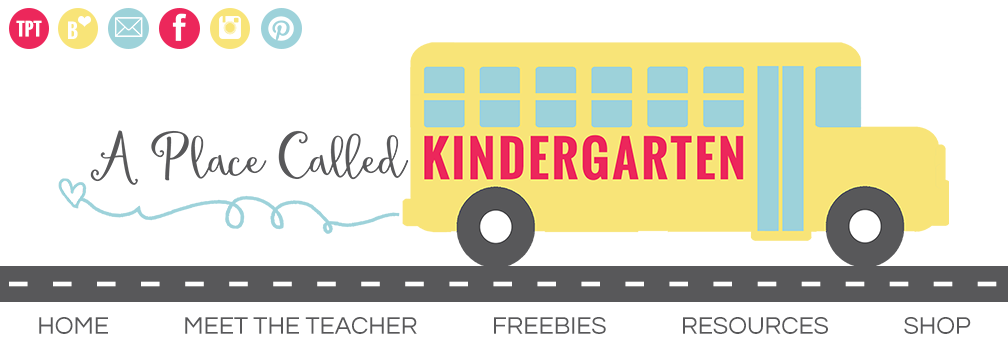Sorry I haven't posted in a long time, I have been reading:) I had one of these books in my hand all summer long. Here are some little nuggets from each book:
Talking, Drawing, Writing by Martha Horn & Mary Ellen Giacobb
*start writing workshop in kindergarten with storytelling
*tell the children stories about when you were their age
*instructions on using a drawing/writing book
*great mini lessons on teaching children to draw people and faces
*instructions on inventive spelling
*introduce writing a dedication page
*revision is reseeing
*great mini lesson on when the children can't read what they've written
*what to teach chart
Pyrotechnics on the Page by Ralph Fletcher
This book is geared toward older writers, but Ralph did an online discussion group that I wanted to follow. For K I think I think of a lot of the ideas in this book will be great discussion topics during mini lessons.
*writers play with language
*listen to the language and play on words happening around you and use it in your writing
*keep a class writer's notebook
*I Stink a book that has alliteration, onomatopoeia and invented or distorted words
*invent words like in Chicka Chicka Boom Boom
*explore, play and experiment in writing
*tap the power of talk
*teach writing during reading
*authors "blow-up" certain words to draw attention to them
*explore expressions
*put on a mask when you write
Growing Readers by Kathy Collins
A must read book for a first grade teacher, but there was still a lot of good information for kindergarten.
*talk about reading events and memories
*careful readers look closely at the information on the cover of a book
* sticky notes hold thinking as you read
*bring in a favorite book from home to learn more about students' reading lives
*mini lessons on taking care of books and putting them away
*mini lessons on reading with partners
*choosing just right books
*print strategies mini lessons
*real tools and reading tools
*characteristics of good conversations
*retelling strategies
*using post-its with smiley faces, question marks and exclamation marks
*interview people about their reading lives
*make a class big book
Cracking Open the Author's Craft by Lester L. Laminack
Love the craft lesson ideas in this book:
*repetition of a specific phrase
*using proper names
*using brand names
* using sound effects (onomatopoeia)
*stretching out the print
*stacking words
The Daily 5 by Gail Boushey & Joan Meser
Love this whole book!
Using Science Notebooks in Elementary Classrooms
by Michael P. Klentschy
I read this book with several of my colleagues this summer. I have my science notebooks all ready for my students to record, mostly through drawing, their science experiences.
Boy Writers Reclaiming Their Voices by Ralph Fletcher
*for every 100 girls facts
*create a classroom where boys feel at home when they write
*don't automatically outlaw topics for boys
*use boy humor as their voice
*consider that many 5 year old boys just don't have the fine motor skills necessary to write the letters of the alphabet
*make a point to actively engage boys in class discussions
*thinking about the book No, David as an analogy for how some teachers treat boy writers
*give writers a glow and grow, something they're doing well, and something they need to work on
*every writing teacher should remember the physician's creed:
first, do no harm
*drawing is something most boys like to do
*girls draw nouns, boys draw verbs
*sketch to compose
*introduce comics
*stop thinking of writing and drawing as two different things
*writer's notebook to collect fascinating quotes, weird facts,
feathers, cartoons and so on
*we're not teaching writing, we're teaching writers
*just let them write
*include drawing maps in writing
Of Primary Importance by Ann Marie Corgill
I reread this book this summer because I got to spend a wonderful week with Ann Marie at a conference. It was a little embarrassing when I asked her to sign my book and she had a hard time finding a spot to sign in between my flags and notes. There are soooo many great ideas in this book, I can't list them all here, but here are some highlights:
*it takes a lot of slow to grow
*self-portraits
*create a place to collect 20/20 words or interesting words
*create gotcha titles
*make an iMove as part of celebrations that includes a scope and sequence of the study
*naming what you notice
*mini lessons on how to use stapler, tape, glue...
*about the author page
*dash facts
*did you know? bubbles
*self-reflection page
*teaching point journal
*students that have conferences share their teaching points
Happy Reading!





You took SO much time to review these books for us! Thank you - this is truly helpful!
ReplyDeleteSuzan